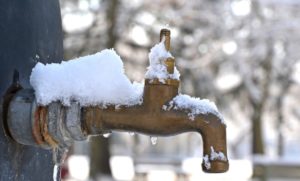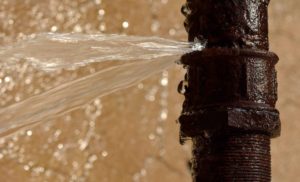What You Should Do Before Calling a Plumber
Even if you are a do-it-yourself that prides him or herself on your ability to troubleshoot most of your home plumbing issues on your own, there comes a time when it is necessary to call a plumber. Sometimes the job is just too big to handle on your own. Hence that will require you to call a plumber.
Preparing for the plumber’s visit ensures that your emergency is taken care of efficiently and promptly, which can mean a lower bill once the plumber leaves. The following are things to help you work through your plumbing issue and prepare for the plumber to arrive:
Identify the Problem
The first thing that you need to do is determine what the problem is. Did a pipe freeze and burst? Is there a worn washer in your faucet causing it to drip? If it is midnight, you should determine whether or not it is an emergency or can wait until the following workday. If you decide to try to fix it on your own, take plenty of pictures and keep all the parts together. Some of the things that you can try to fix on your own are leaky sinks, clogged drains, and running problems. If you do not have basic knowledge, it will help if you wait upon the plumber.
pipe freeze and burst? Is there a worn washer in your faucet causing it to drip? If it is midnight, you should determine whether or not it is an emergency or can wait until the following workday. If you decide to try to fix it on your own, take plenty of pictures and keep all the parts together. Some of the things that you can try to fix on your own are leaky sinks, clogged drains, and running problems. If you do not have basic knowledge, it will help if you wait upon the plumber.
Turn Off the Water
If the water is running, take the time to turn it off. You can turn it off at the water supply or shut off the main water shutoff valve. Doing this prevents further damage to your home and possessions. It also reduces water spillage that may lead to your water bill being expensive.
Clear the Area
Before the plumber arrives, it would help to have everything cleared out of the way so they can get right to the root of the problem. If the problem lies with your sink, remove all of your cleaning products and other supplies. If the problem is in your storage space, clear a pathway so they can get to the pipes right away.
Management of Raw Sewage
Raw sewage is a biohazard and poses a toxic health threat requires evacuation, a sewage backup into your home should be a matter for a qualified plumber, no matter what day or time it occurs. The longer the sewage backup infiltrates your house, the more complicated the clean-up and disinfection process.
evacuation, a sewage backup into your home should be a matter for a qualified plumber, no matter what day or time it occurs. The longer the sewage backup infiltrates your house, the more complicated the clean-up and disinfection process.




